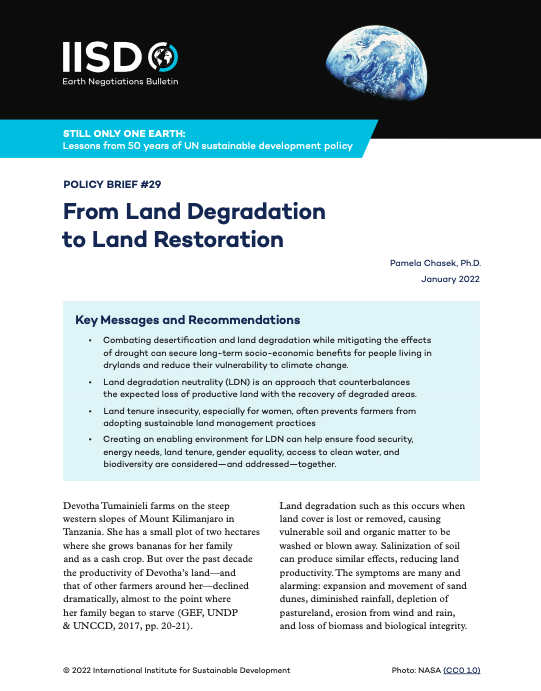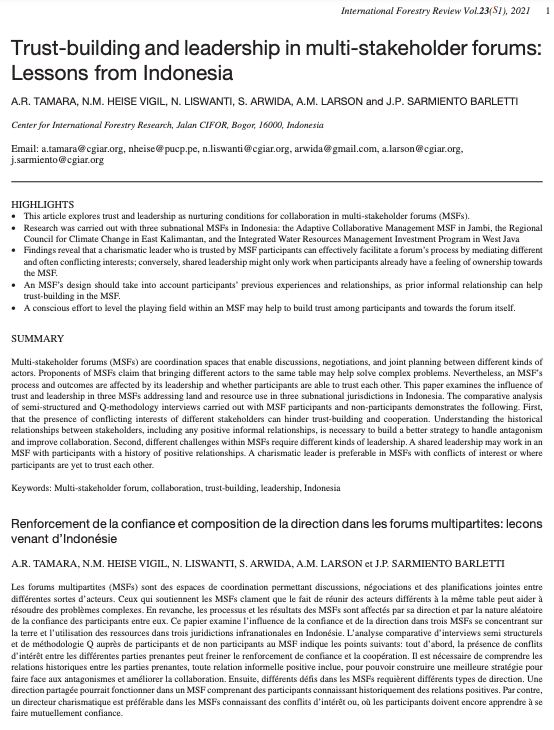South Africa’s Land Resource in the Water Energy Food (WEF) Nexus Context
Agricultural activities are directly dependent on the availability and quality of natural resources, particularly land and water. While the availability of land has featured strongly in South Africa’s growth and transformation policy agendas, this piece focusses on presenting a more detailed view of the quantity and quality of South Africa’s land resource, and how this impacts the agricultural use and viability of land resources in sustaining South Africa growth objectives.




